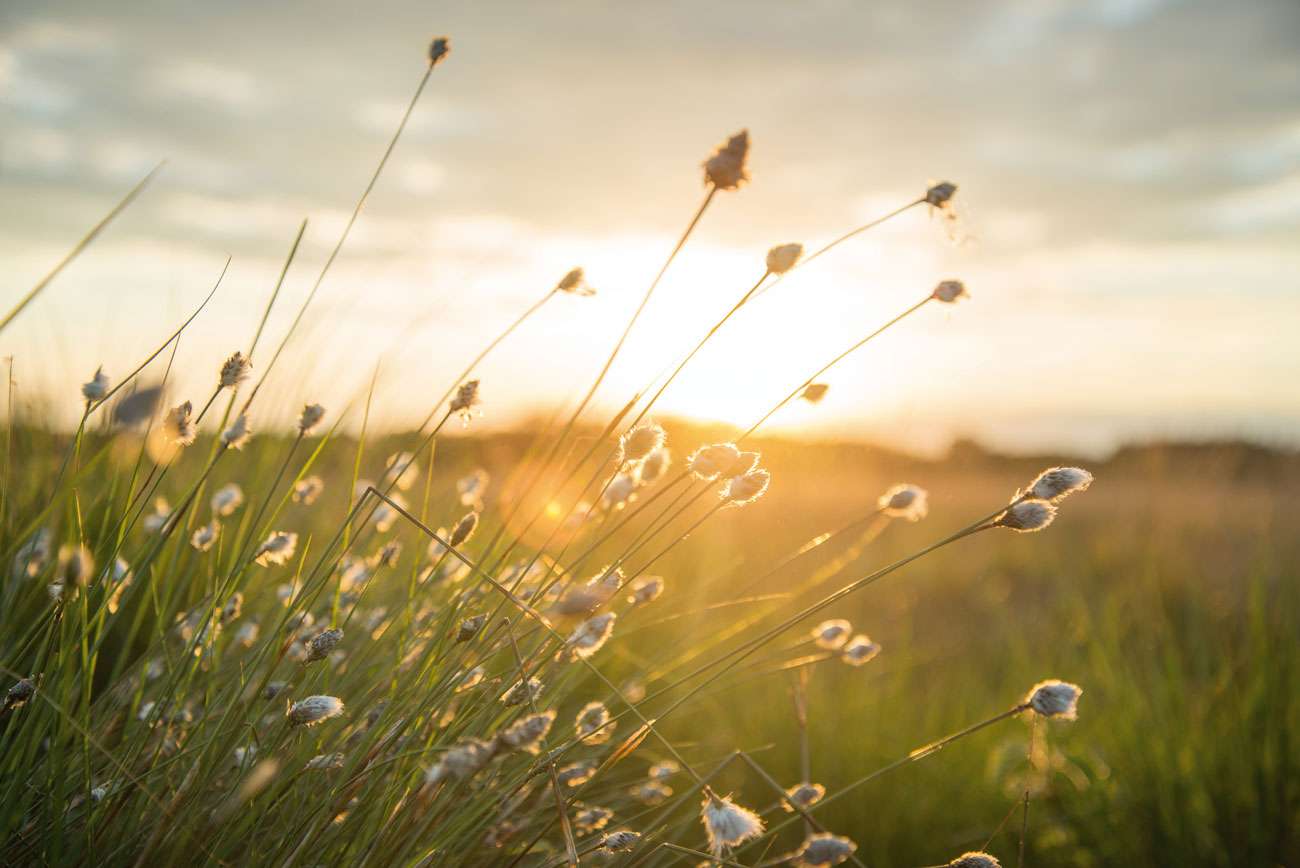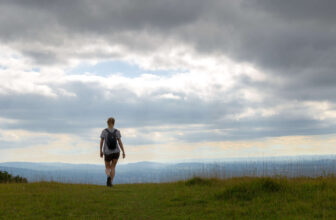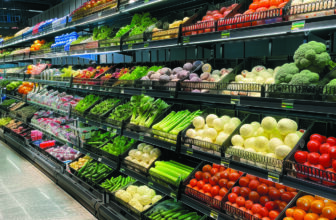
What’s healthy for both us and the planet?
Going green is not a new idea. Beatrix Potter famously campaigned for local conservation issues in the Lake District, and eventually left over 4000 acres of land to the National Trust when she died. In the 1960s, Rachel Carson wrote, ‘Silent Spring’ that discussed worldwide ecological degradation. Nowadays, David Attenborough champions the cause of protecting nature and wildlife from the industrial activities of humans. We all recognise the need to protect the environment, but how will this impact on our own health?
Firstly, let us discuss the colour green. Colours can mean different things to different people. Whilst the colour green can be associated with jealousy, inexperience or poison, it is most often associated with nature. Most chemicals found in the leaves if plants produce a green colour – for example, chlorophyll – which allow plants to make food to grow, along with water, carbon dioxide and light from the sun. Speaking of light, some research shows green light therapy to be less aggravating than other colours. The use of green light acts therapeutically, reducing pain, improving sleep and helping to regulate mood.
How can you contribute to a greener environment and impact on your own health? Exercise is the most scientifically studied intervention that reduces all-cause mortality. I am therefore grateful to live and work in the village, so I have been able to take advantage of the ‘Cycle to Work’ scheme with Surrey County Council and Green Commute Initiative. For those unaware, you commit to up to 12 monthly payments to spread the cost of a bicycle and accessories. This is deducted before tax, which means you and your employer pay less tax. Your commitment is simply to cycle to work. Not only does my health benefit, but I also reduce my carbon footprint.
We have come to adopt well-known routines in the name of going green. Recycling of reusable materials helps to reduce the energy required to create them, but also reduces the likelihood of them ending up in landfill, the sea or the air. In 2019-20, 54.4% of household waste in Waverley was recycled, reused or composted. It is positive that less than half of our waste is going to landfill or incinerators, though of course, we should be committed to reducing this further.

The Lake District in all its glory
This will affect not only our health, but also that of all life on our planet. We have innate abilities to handle and eliminate harmful substances from the body – some of which are created through our metabolism, but others also come from our external environment. Whilst we have more direct control over our nutrition and domestic environment, we have less control over the presence of substances found on or in our food and outside our modernised world. Buying fresh foods that are label and plastic-free are not only better for you, but they are better for the environment.
But what happens to our wasted food and off-cuts? In Surrey, our food waste is collected to create Biogas. This is created from fermentation of organic materials, typically occurring within large tanks called anaerobic digesters. Up to 40,000 tonnes of food waste is processed at Surrey’s Eco Park facility. If you decide to keep a composter at home, ensure that there are holes for airflow, keeping the contents dry and less compact, and avoid adding animal products.
In 2017, the Pesticide Action Network (PAN UK) released a useful graphic of residues found on plant foods. Those with highest levels include citrus fruits, strawberries, pears and grapes. Furthermore, foods including oranges, pear, apples and rice are found to contain multiple pesticide residues. Combinations of pesticides and their effect on humans are not well studied, so it is hard to determine the safety of short or long-term consumption. However, individual pesticides are studied and known to be probable or possible carcinogens and hormone disruptors.
On a more positive note, those with no residue include beetroot, corn on the cob, mushrooms, rhubarb, swede and turnips. There is of course a wealth of plant food in between to choose from. The bottom-line is that consumers should use this guide to help them prioritise specific organic fruit and vegetables, which are pesticide free, in order to help reduce shopping costs and the potential for disease. This will also help to protect more life in the food chain, including bees for pollination.

More water is lost through leakage every day
Water is a chemical compound that keeps every system in the body functioning properly. Amongst several benefits, it helps to carry nutrients and oxygen around the body, maintain electrolyte balance and normalise blood pressure. According to Public Health England, we should aim to drink 6-8 cups (approximately 1.2 litres of water per day). Many foods also contain water and whilst UK tap water is arguably one of the safest sources in the world, we can optimise water quality with the addition of electrolytes (especially after exercise) or by using a good quality filtering, reverse osmosis or distilling system. In addition to contacting your water service provider for a detailed report, a useful resource is: www.discoverwater.co.uk, a resource created by several organisations and agencies to help educate on water quality and services.
In 2018, the Environment Agency published a report warning of water supply shortages by 2050 unless rapid action was taken to curb water use and wastage. They also highlighted that enough water to meet the needs of 20 million people was lost through leakage every day! We can play our part by consuming only what we need; having showers instead of baths; having a water butt; repurposing used water in the household e.g. water boiled to steam food, then used for washing up.
By making better choices, starting from today, we can ultimately reduce the burden placed upon our planet and its inhabitants. I hope this has resonated with you, and I appreciate that there are a multitude of approaches and views to be considered when we are going green, with the aim of improving the health of our population and the planet. We must remain positive and inspirational, like shining lights, if we hope for others to follow us and commit to change. For more hints and tips on going green, please visit: https://green.harvard.edu. You’ve got the green light from me; so what are you waiting for?
Arran is a music educator, who established Surrey Health Collective in 2019 with local health practitioners, as a non-profit group that brings the community together to learn about and share our experiences in health creation. Search for us on social media using: @surreyhealthcollective or visit our website: www.surreyhealthcollective.org











